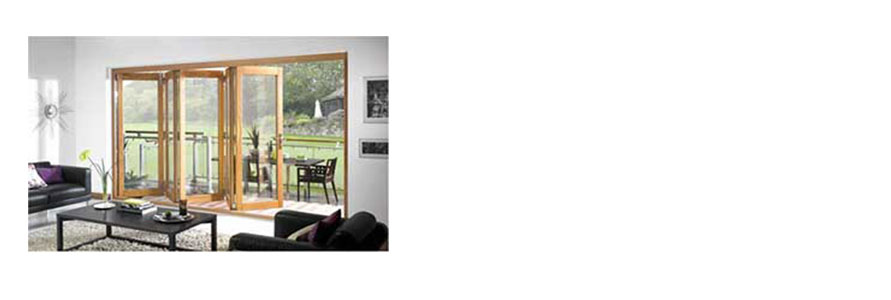Every article about the construction of online content recommends simplicity, clarity and brevity.
Short sentences, pyramid structure, bullet points, lack of repetition. This is widely accepted and backed up by research. But why are we trained to believe in the short, impatient attention span of the average web browser, when we look at how the same audiences tolerate other media?
What would happen if all highly-trained web professionals started working in lifestyle TV production?
You know the kind of programme, the one where they tell you what they are going to cover, say it or show it, then recap before saying it again, often with the same visual footage? They go on to say something else, repeat at length the same thing already summarized, then summarise right at the end, yet again. This has become such a mainstream (blatantly irritating) formula of lifestyle TV that it now happens across the board. Are we all turning over – or off? Perhaps this why we’re all desperate to multi-task with laptops and iPads where the content might get to the point more quickly.
Of course TV is a different, more linear medium, and we are clearly hypnotized by the same shots of bi-folding doors and minimalist kitchens, and of cosmopolitan street markets and aspirational products. But apparently we all have busy lives, so where has our short attention span gone? Maybe the TV creatives know we are all clicking and swiping away at the same time on our other devices, and need constant reminders to concentrate on the present viewing, like being prompted by some kind of angelically patient school teacher or lecturer?
Websites can entertain us much more efficiently and yet online content gets a fraction of the tolerance we give these shows. This could be understandable when we factor in the levels of discontent generated by the computer experience in the main – malfunctioning printers, broadband problems, general technical incompetence. It means that at least once you get to the page you expect the content to work – and quickly.
I would argue that TV is catching up with computer use in the frustration stakes. In the old days the TV experience was very simple – just press a couple of buttons on the remote then sit back. Now though, TV viewing (via Virgin Media packages at least) has all the levels of frustration previously assigned to using computers. Frozen menu pages, squeaking pixilated screens, and incomprehensible, incredibly poorly designed user interfaces. You have to select from hundreds of channels of ‘nothing TV’, ingratiatingly repetitive formulaic documentaries where the format itself screams unintelligent, even when covering seemingly interesting subject matter.
But where would we be if they changed the formula? I for one would miss playing ‘Sarah Beeny Jacket Bingo’, as she would only get to wear one stylishly short leather jacket per programme instead of ten different ones, presumably in a bid to trick us into thinking we haven’t heard the same thing just five minutes before.
Photo credit: Attractive bi-folding doors courtesy of The Green Window Company, Devon.
Comments are closed.



Recent Comments